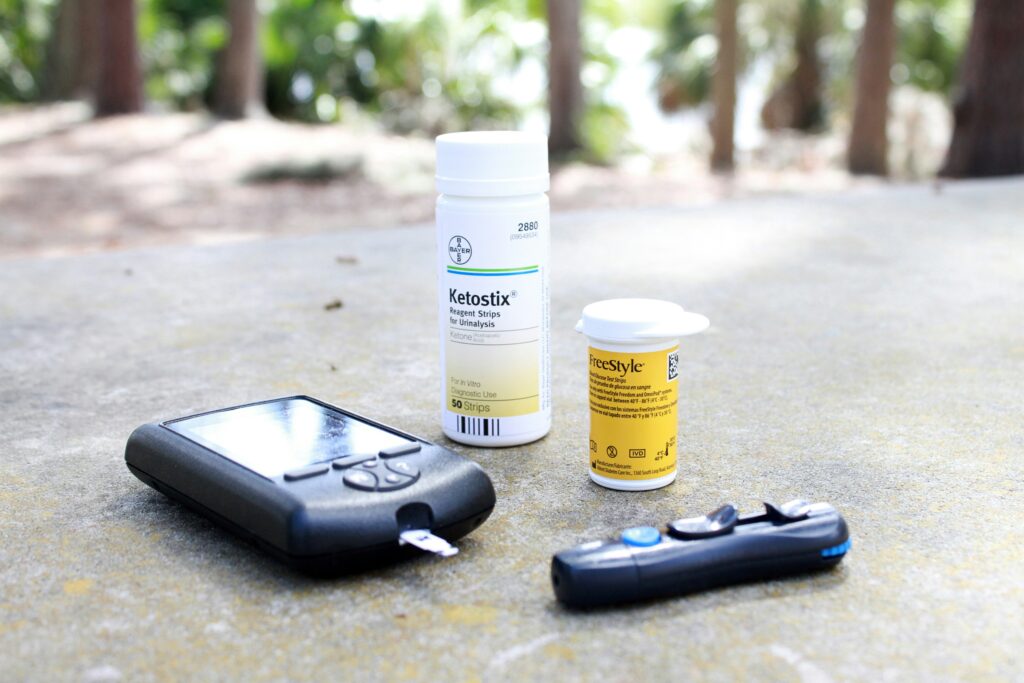In this week’s episode of Moral Distress Prevention and Mitigation, the focus is on the toll that burnout can take on healthcare providers and their values. The hosts, Amy Pearlman and Paul Deger, delve into the concepts of moral distress and moral injury, reflecting on a clinician’s story that questions their identity and a transformative patient experience. Amy Pearlman, a passionate social worker, and Paul Deger, a licensed professional counselor and physical therapist, bring their expertise and perspectives together to explore the content and implications of moral distress in the healthcare industry. They use metaphors such as a spiral and a garden to explain the healing and growth process, emphasizing self-compassion and the importance of looking at moral distress from both an individual and collective standpoint. The Burnout Antidote, a co-production from Psych Hub, sponsored by Janssen Neuroscience, can be found on various platforms and also has a YouTube channel available. In the next episode, the focus will shift to the impact and boundaries of telehealth.
The Toll of Burnout on Healthcare Providers and Their Values

Introduction to the topic
In this week’s episode of Moral Distress Prevention and Mitigation, Amy Pearlman and Paul Deger dive into the toll that burnout can take on healthcare providers and their values. Burnout is a prevalent issue in the healthcare industry, and it can have significant effects on both the mental health of providers and the quality of patient care. The hosts aim to shed light on the concept of burnout, explore its impact on healthcare professionals, and discuss strategies for recovery and healing.
Definition and exploration of moral distress and moral injury
To fully understand the toll of burnout, it is essential to delve into the concepts of moral distress and moral injury. Moral distress occurs when healthcare providers know the right thing to do but face constraints that prevent them from doing so. These constraints may arise from system limitations, resource constraints, or other barriers. The result is a sense of tension and anxiety, as providers are unable to align their actions with their professional values.
Moral injury, on the other hand, is a more severe form of distress that arises from repeated exposure to moral dilemmas that cannot be resolved. It erodes a provider’s moral framework and can lead to a sense of cynicism and a loss of meaning in their work. Moral injury is often compared to trauma, as it has a similar psychological and emotional impact.

The impact of moral distress on healthcare professionals
The impact of moral distress on healthcare professionals cannot be overstated. It not only affects their mental and emotional well-being but also has repercussions on patient care. When providers are unable to act in line with their professional values, they may experience guilt, shame, and a sense of failure. These negative emotions can lead to decreased job satisfaction, increased rates of burnout, and even contribute to the attrition of healthcare professionals from the field.
Additionally, moral distress can create a culture of silence and impede open communication within healthcare organizations. Providers may feel hesitant to speak up about ethical concerns or question the status quo, fearing retribution or a lack of support. This culture of silence can further perpetuate distress and hinder the development of a healthy work environment.
Comparison of moral distress to trauma
Drawing a comparison between moral distress and trauma helps highlight the severity of the toll it takes on healthcare professionals. Research has shown that healthcare workers experiencing moral distress have similar rates of distress as post-9/11 combat veterans. The constant inability to act in line with one’s values can lead to emotional exhaustion, compassion fatigue, and ultimately chip away at an individual’s sense of self and purpose.
The trauma-like effects of moral distress emphasize the need for proactive measures to address and mitigate its impact. Ignoring or dismissing moral distress can have long-lasting consequences on the well-being of healthcare providers and the quality of care they provide.

A clinician’s story of burnout and moral distress
To exemplify the toll of burnout and moral distress, the episode features a powerful story from Sean Greenhall, a hospitalist physician. Sean shares his experience of burnout and how it affected his ability to provide optimal care to his patients. At one point, Sean found himself viewing patients as obstacles to overcome rather than individuals requiring his care and attention.
In a pivotal moment, Sean encountered a patient with a concerning condition. Due to his burnout and detached mindset, he initially perceived the patient as merely another obstacle to overcome quickly. However, the presence of a family member in the room reminded Sean that his patients were not just medical cases but human beings deserving of his time and compassion. This incident led Sean to reflect on the consequences of his burnout and the potential harm it could have caused.
Sean’s story serves as a poignant reminder of the importance of addressing burnout and moral distress and the potential impacts on patient care. It highlights the need for healthcare organizations to support their providers and create environments that foster well-being and open dialogue.
The phases of recovery and healing
Recovering from burnout and moral distress is a process that takes time and effort. The hosts discuss the phases of recovery and healing, recognizing the importance of self-compassion and self-care in this journey. It begins with acknowledging and accepting the distress, followed by exploring the underlying causes and examining personal values. Providers must then identify and implement strategies to restore their well-being and align their actions with their values.
The importance of self-compassion in overcoming burnout
Self-compassion is a crucial component of overcoming burnout and moral distress. Providers need to practice self-compassion by giving themselves permission to prioritize their well-being, setting boundaries, and seeking support. Acknowledging their own humanness and imperfections can help alleviate the burden of self-blame and foster a mindset of self-care.
By cultivating self-compassion, healthcare professionals can create a positive and nurturing relationship with themselves, enabling them to navigate the challenges of their profession with resilience and compassion for others.
Considering moral distress from an individual and collective perspective
In addition to addressing moral distress on an individual level, it is essential to consider it from a collective perspective. Recognizing that moral distress is not solely an individual issue but a systemic problem allows for a more comprehensive approach to mitigation and prevention. Healthcare organizations must foster environments that encourage open communication, transparency, and support for their providers.
By addressing the root causes of moral distress at a systemic level, healthcare organizations can empower their providers to provide high-quality care while maintaining their own well-being. This collective approach acknowledges the interconnectedness of the healthcare system and emphasizes the need for collaboration and shared responsibility.
Metaphors for understanding the healing and growth process
To help listeners understand the healing and growth process associated with burnout and moral distress, the hosts introduce metaphors such as a spiral and a garden. The spiral represents the iterative nature of the recovery journey, as individuals move through various stages, revisit past experiences, and gain new insights. The garden metaphor symbolizes the cultivation of well-being, requiring consistent care, attention, and nourishment.
Through these metaphors, the hosts convey the message that healing and growth are ongoing processes that require patience, self-reflection, and intentional self-care. It is through this continuous journey that healthcare providers can reclaim their values, rediscover their passion for their work, and restore their overall well-being.
Upcoming episode on impact and boundaries in telehealth
In their closing remarks, the hosts provide a glimpse into the next episode, which will focus on the impact and boundaries in telehealth. Telehealth has become increasingly prevalent in healthcare, especially in light of the COVID-19 pandemic. Exploring the unique challenges and benefits of telehealth will further contribute to understanding and addressing burnout and moral distress in a rapidly evolving healthcare landscape.
Conclusion
The toll of burnout on healthcare providers and their values is significant and cannot be ignored. Moral distress and moral injury have severe consequences for both providers and patients, underscoring the need for proactive measures to address this issue. By understanding the nature of burnout, exploring its impact, and considering strategies for recovery and healing, healthcare organizations can support their providers and create healthier work environments. By prioritizing self-compassion and viewing moral distress from both an individual and collective perspective, healthcare professionals can navigate the challenges of their profession with resilience and promote the well-being of themselves and their patients.

